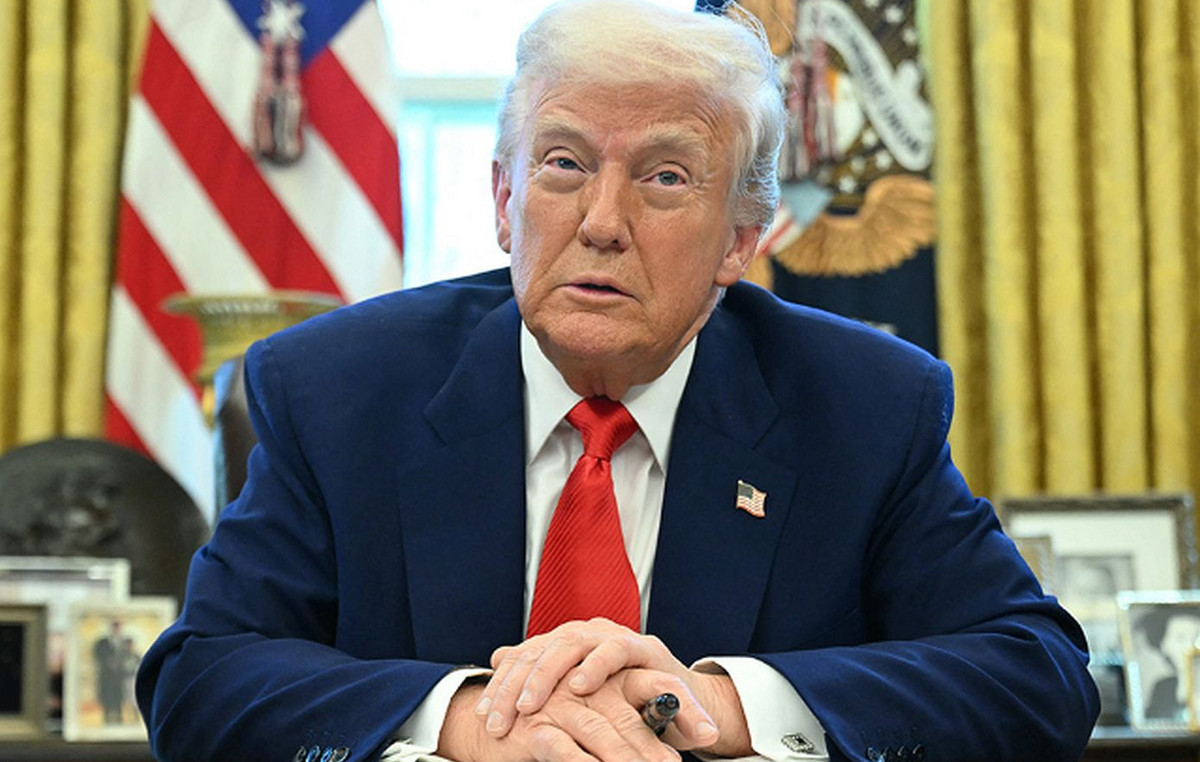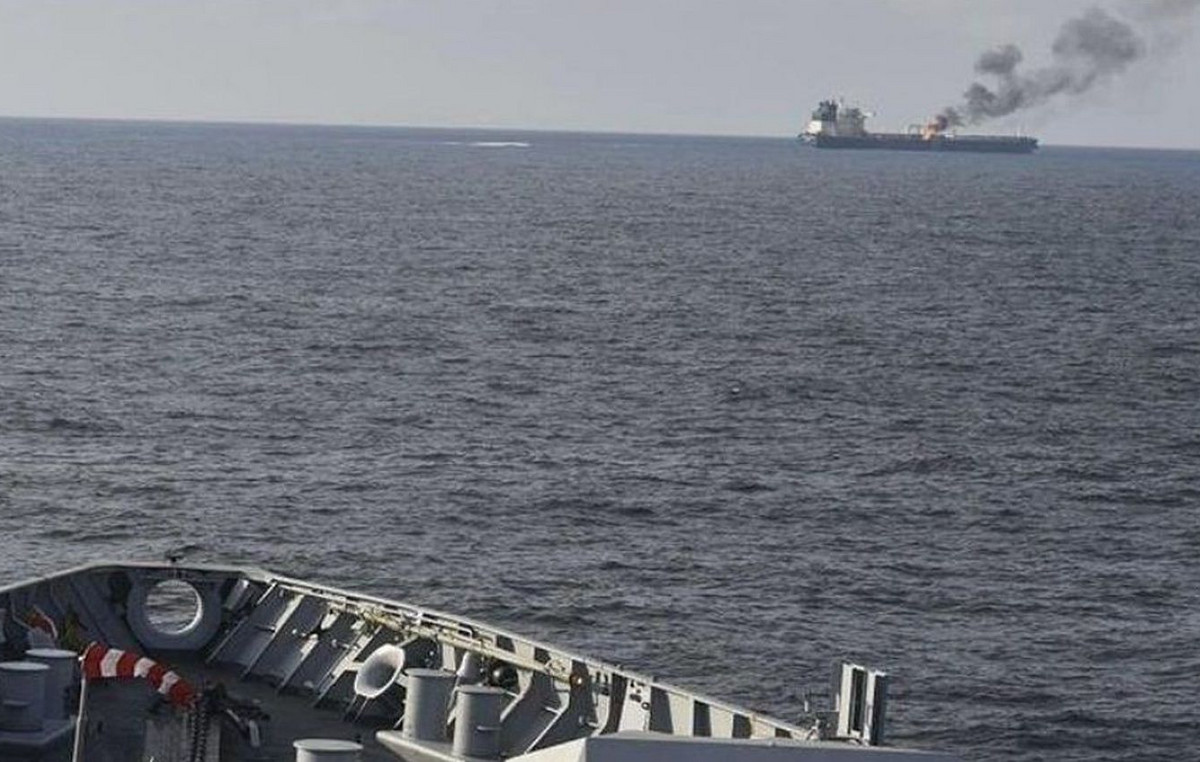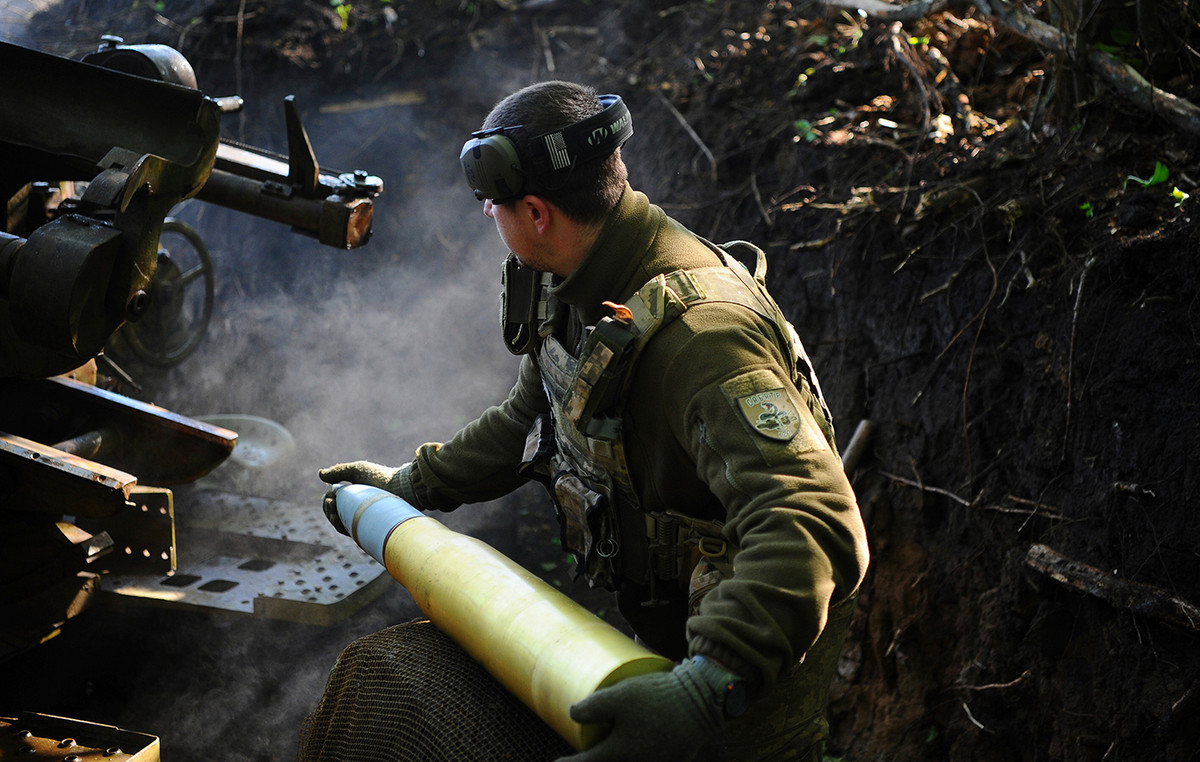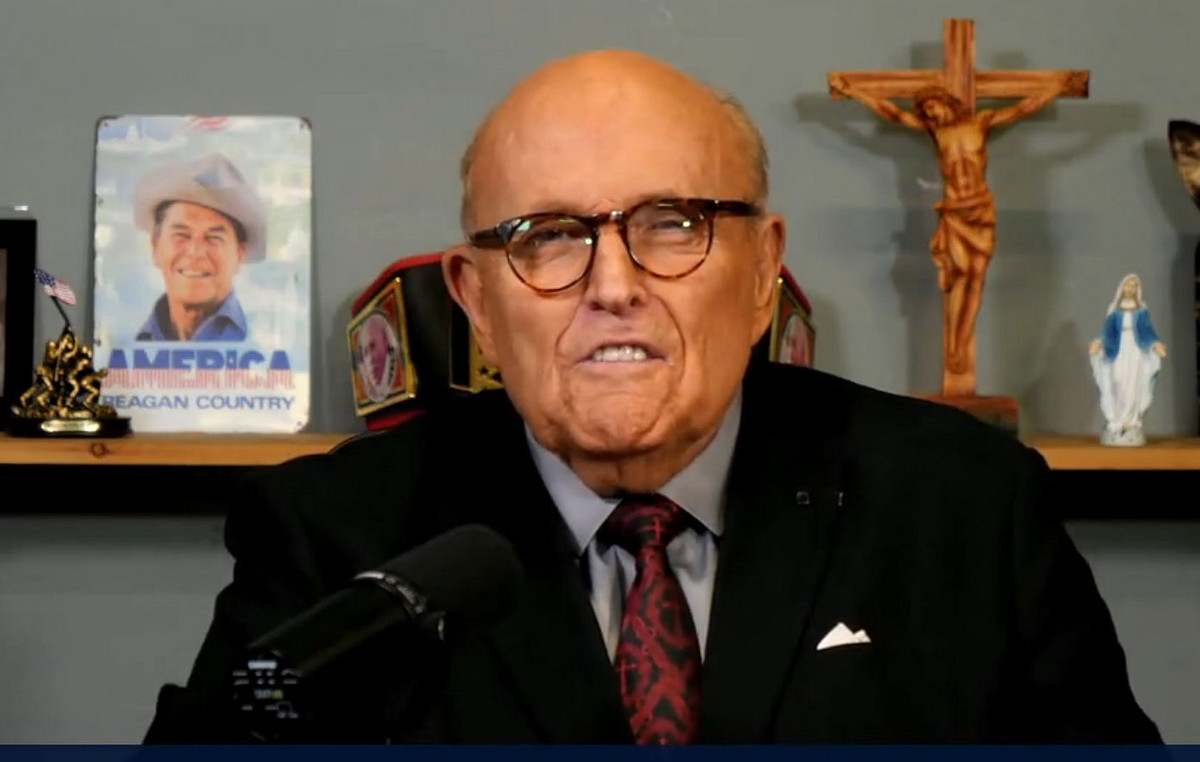Countries negotiating a global treaty to reduce plastic pollution failed to reach an agreement this Sunday (1st) during the summit, which was held on the topic in Busan, South Korea.
More than 100 nations participated in the event, including a small group of oil-producing countries that sought to focus negotiations on the amount of plastic waste and not on limiting the production of the material.
The fifth meeting of the UN Intergovernmental Negotiation Committee sought to conclude the terms of the international pact agreement on the topic.
However, the countries remained far apart on the basic scope of a treaty and agreed only to postpone key decisions until a future meeting.
“Although I saw points of convergence in many areas, positions continue to diverge in others,” said Luis Vayas Valdivieso, president of the summit.

Amount of waste x production
The most contentious issues included limiting plastic production, managing plastics and chemicals of concern, and financing to help developing countries implement the treaty.
One option proposed by Panama, supported by more than 100 countries, would have created a path to a global target to reduce plastic production, while another proposal, supported by Saudi Arabia, did not include production limits.
The flaws were evident in a revised document released this Sunday (1st) by Valdivieso, which could have formed the basis of a treaty, but remained full of options on the most sensitive issues.
“A treaty that relies solely on voluntary measures is not acceptable,” said Juliet Kabera, Director General of the Rwanda Environmental Management Authority. “It’s time we take this seriously and negotiate a treaty that is fit for purpose and not built to fail.”
A small number of petrochemical-producing nations, such as Saudi Arabia, have strongly opposed efforts to reduce plastic production and have tried to use procedural tactics to delay negotiations.
“There was never a consensus,” said Saudi Arabian delegate Abdulrahman Al Gwaiz. “There are some articles that, in some way, seem to have entered [no documento]despite our continued insistence that they are not within scope.”
China, the United States, India, South Korea and Saudi Arabia were the top five primary polymer producing countries in 2023, according to data provider Eunomia.

Deep divisions and uncertain future
If these divisions had been overcome, the treaty would have been one of the most significant agreements related to environmental protection since the 2015 Paris Agreement.
Plastic production is on track to triple by 2050. Microplastics are currently found in the air, in fresh produce and even in human breast milk.
Despite the negative outcome of the talks, several representatives expressed urgency in returning to negotiations. “Every day of delay is a day against humanity. Postponing negotiations does not postpone the crisis,” said the head of the Panamanian delegation, Juan Carlos Monterrey Gomez, this Sunday. “When we come together again, the risks will be greater.”
The unsuccessful summit comes just days after the conclusion of the COP29 summit in Baku, Azerbaijan.
In Baku, countries set a new global target for mobilizing $300 billion annually in climate finance, an agreement considered insufficient by small island states and many developing countries.
Climate talks were also slowed by procedural maneuvers by Saudi Arabia — which objected to the inclusion of language that reaffirmed an earlier commitment to transition away from fossil fuels.
Some negotiators said some countries held procedures hostage, avoiding necessary compromises when using the UN consensus process.
This content was originally published in UN negotiations on plastic treaty fail without agreement on goals on the CNN Brasil website.
Source: CNN Brasil
Bruce Belcher is a seasoned author with over 5 years of experience in world news. He writes for online news websites and provides in-depth analysis on the world stock market. Bruce is known for his insightful perspectives and commitment to keeping the public informed.







